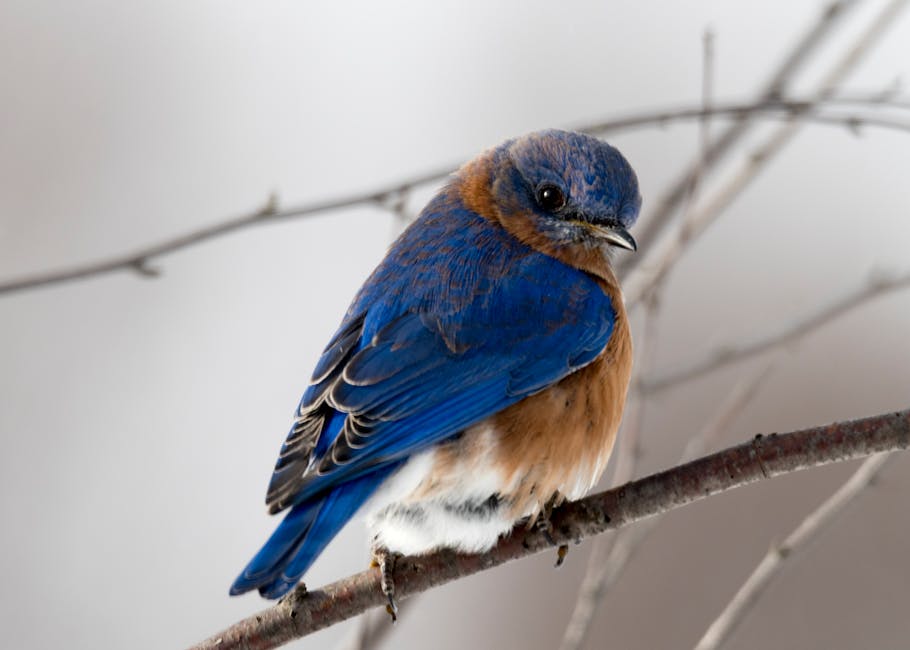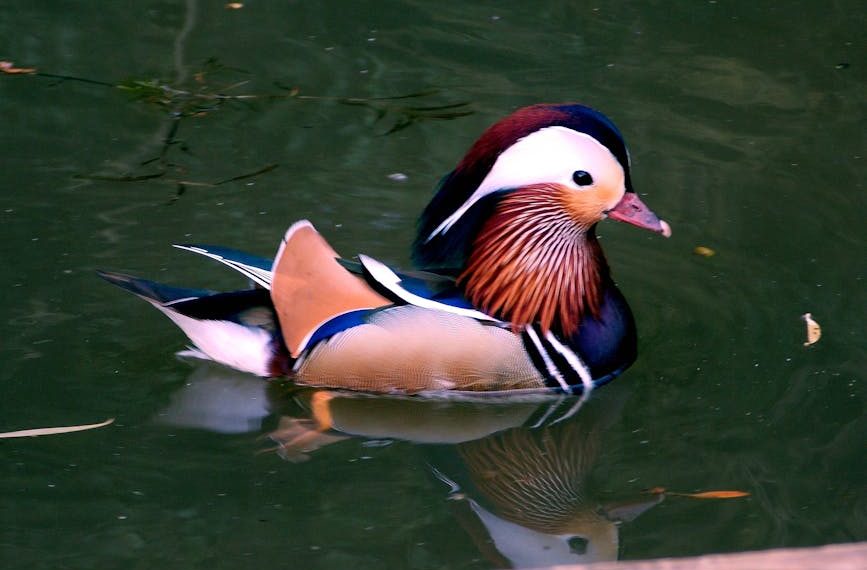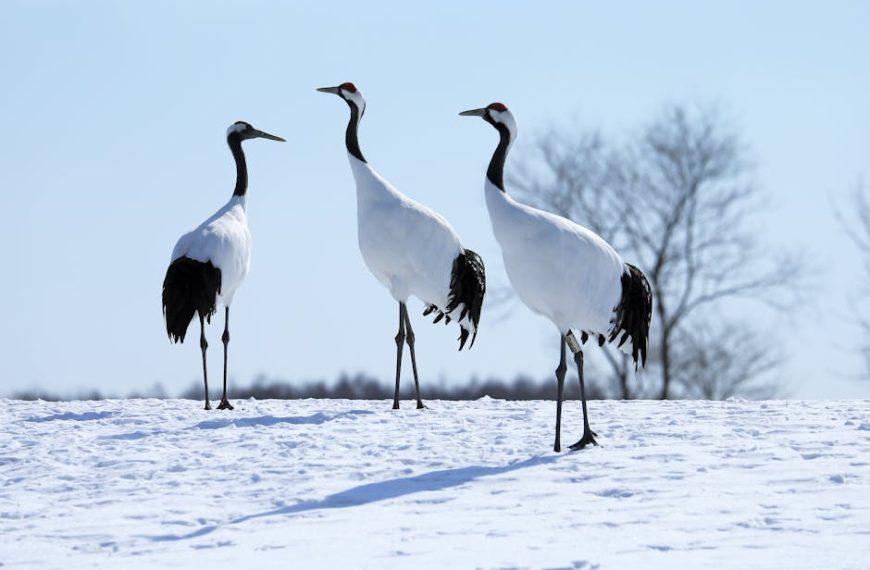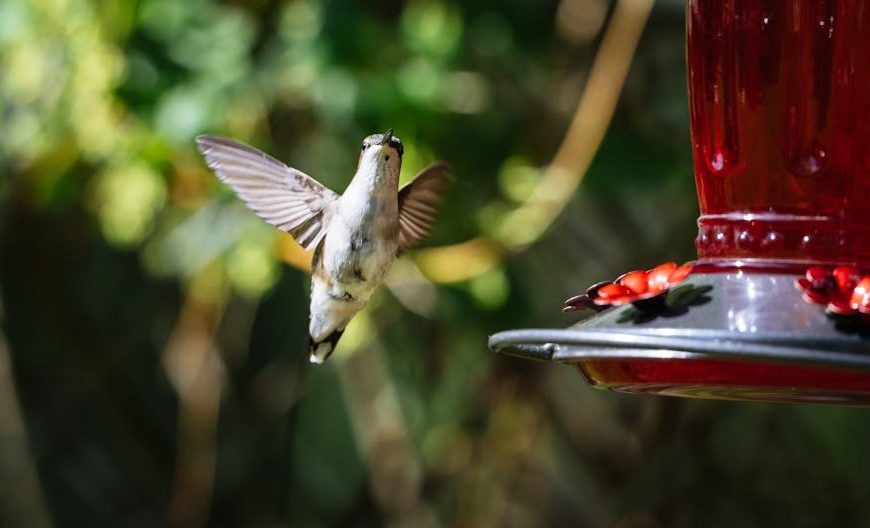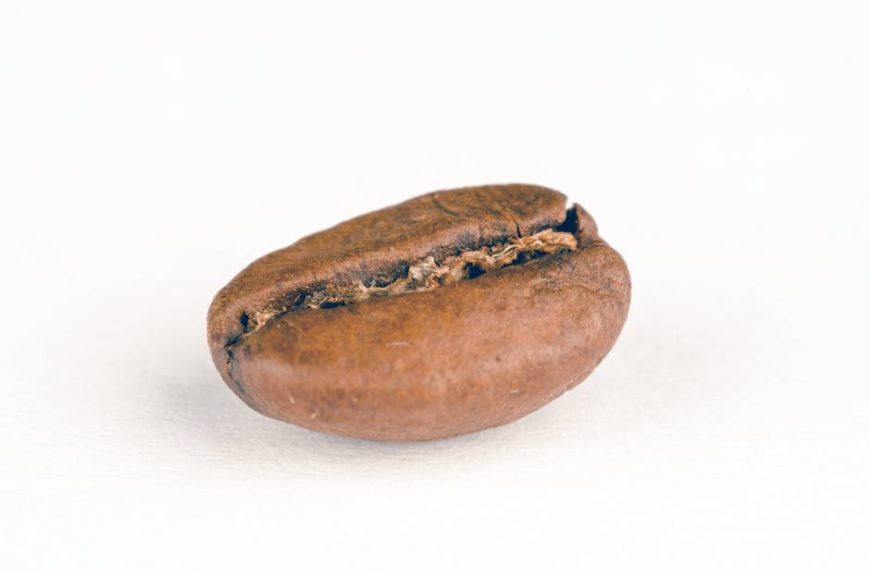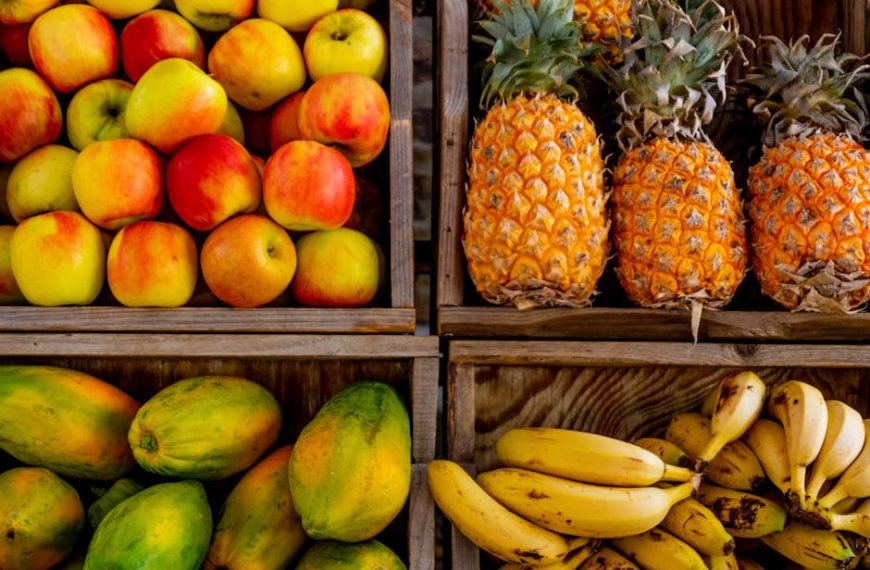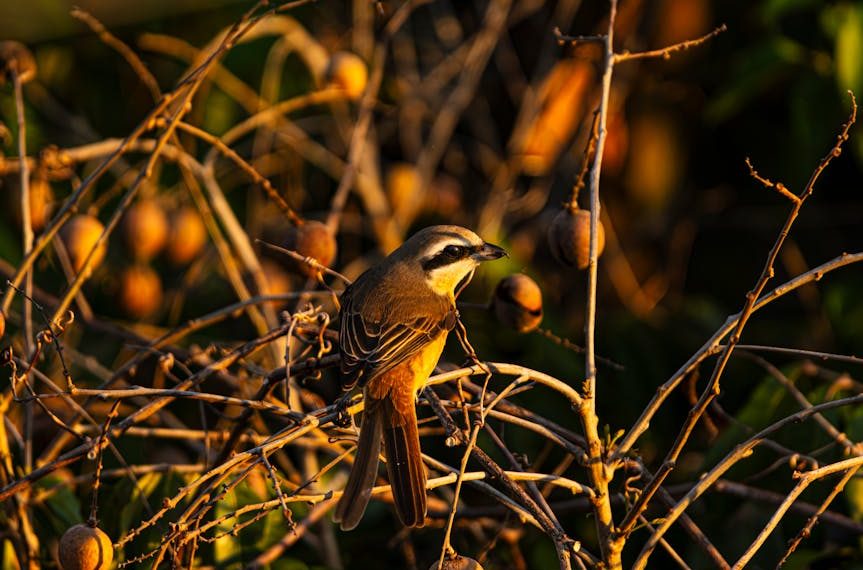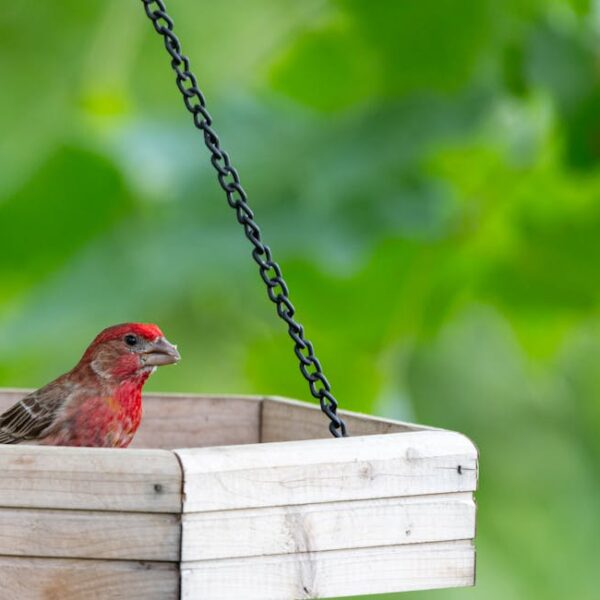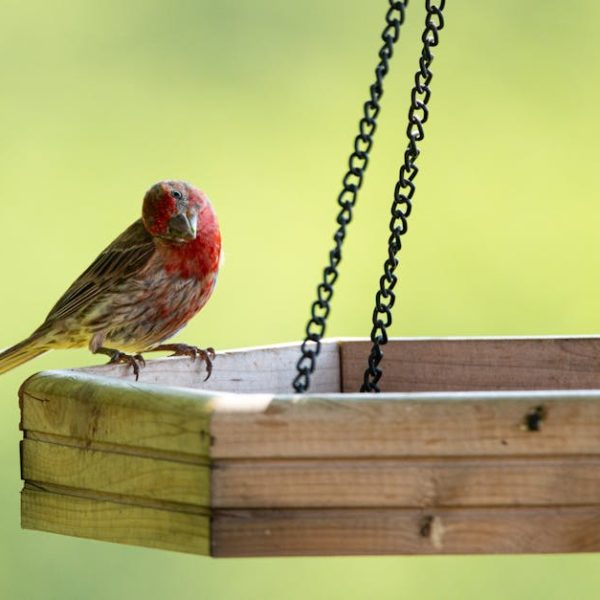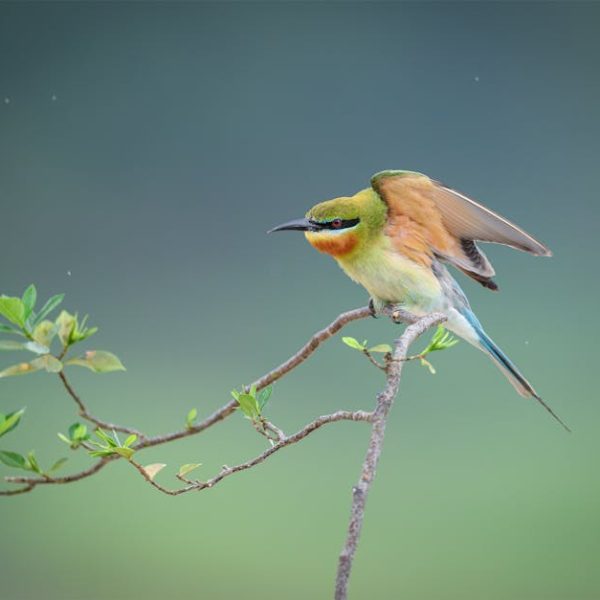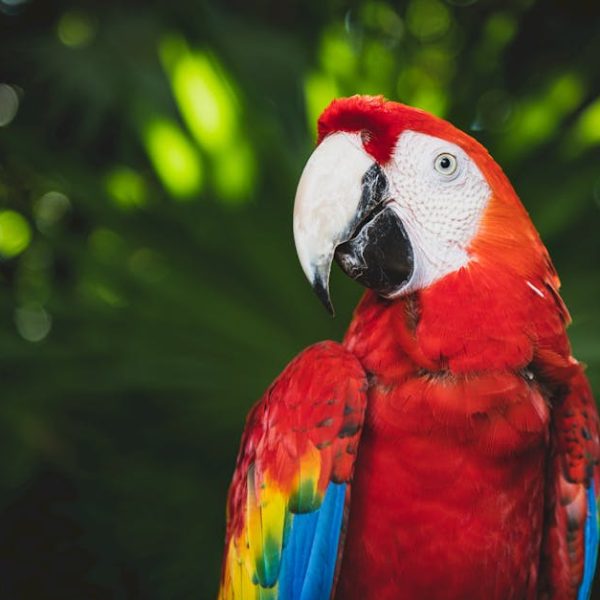Introduction to the Myth:
For decades, a myth has circulated through society insisting that birds cannot eat rice, specifically uncooked rice, due to the perceived danger it poses to their health. This belief claims that the grain, once ingested, absorbs moisture within the bird’s stomach and expands, causing discomfort, injury, or even death. From weddings to regular park feedings, this misconception has led to widespread caution against scattering uncooked rice for our avian friends.
Below are some other common misconceptions about bird diets:
- Birds can eat any food scraps, including baked goods and processed foods.
- Chocolate, which is toxic to a number of animals, is safe for birds.
- Birds can sustain themselves solely on birdseed, devoid of any fruits or insects.
Best Practice: Always be aware of the potential harm some foods can cause to birds. Educating oneself about what birds can safely consume is a critical step towards protecting their health and respecting their natural diets.
Deconstructing the Myth:
Despite the pervasiveness of this notion, scientific exploration provides no evidence supporting the claim that birds cannot safely consume rice. The myth that rice expands within birds’ stomachs to the point of causing them harm is just that – a myth. Birds’ digestive systems are fully capable of handling uncooked rice without any complications. After all, birds frequently consume hard, uncooked seeds and grains in nature.
For comparison, here are effects of other common foods often given to birds:
- Bread provides no nutritional benefits to birds and can harm their health over time.
- Salted snacks may result in dehydration and serious health issues.
- Milk is indigestible by birds and might cause digestive problems.
Pro Tip: It’s crucial to take time to authenticate information about wildlife feeding habits. Start by checking information from trusted scientific sources and wildlife organizations.
The Reality of Birds Eating Rice:
In reality, birds face no harm in consuming rice, cooked or uncooked. Their digestive systems are highly effective at processing rice grains. A thorough review of ornithological studies shows no correlations between rice consumption and avian mortality or harm.
Best Practice: When feeding birds, offer them a varied diet that closely mimics their natural foods. This includes seeds, fruits, and insects.
Checklist: Here is a checklist for feeding birds:
- Avoid any processed foods.
- Offer a variety of seeds, grains, and fresh fruits.
- Do not give them chocolate or caffeine.
- Never offer birds alcoholic beverages.
- Avoid any food with salt or sugar.
Stay tuned for the next updates where we delve into the origin of this widespread myth and set the record straight!
The Origin and Propagation of the Myth:
You might wonder as to where this rooted belief surrounding birds and rice consumption originated from. It seems to have taken wings from a 1985 Ann Landers column that suggested rice thrown at weddings could harm birds. It was, however, based on anecdotal evidence and essentially grew into this wide-encompassing urban legend. Bolstered by a combination of fear and concern, this myth has propagated through word of mouth and created a misconception that continues to linger.
It’s important to delve into the impact and consequences of such myths on wildlife:
- Pros: Myths like these can sometimes provoke a sense of caution ensuring individuals think twice before feeding wildlife, potentially buffering them from human-induced health risks.
- Cons: These misconceptions can overshadow scientific truth and lead to unnecessary protective measures, potentially hindering wildlife well-being and natural dietary habits.
Comparison: Myth vs. Fact
| Myth | Fact |
|---|---|
| Uncooked rice expands in a bird’s stomach causing them harm. | Birds can safely consume uncooked rice without any harm to their digestive systems. |
| Birds can sustain themselves on the seed offered in bird feeders. | Birds need a diverse diet that mimics their natural foods such as seeds, grains, fruits, and insects. |
Setting The Record Straight:
With scientific evidence trumping myth, it is clear that tossing rice presents no harm to birds. That being said, it is essential to approach interactions with wildlife, including feeding, responsibly. Our goal should be to support, rather than disrupt, their natural diet and habits.
So here it is. Rice, cooked or uncooked, is perfectly safe to be eaten by birds. The rice myth, therefore, can finally come down from its perch!
Pro Tips: Use these pointers to help birds thrive:
- Encourage native birds by planting native plants that provide natural food.
- If you choose to feed birds, opt for suitable bird food that mirrors their natural diet.
- Do not overfeed. Instead, supplement their natural food sources.
Finally, here is a list of some safe, bird-friendly foods:
- Seeds such as millet, sunflower, and flax.
- Fresh fruits like berries, apples, and bananas.
- Cooked rice, peas, or corn.
- Small amounts of finely chopped, well-cooked lean meats.
- Mealworms or other insects suitable for birds.
Key Takeaway:
- The myth that birds can’t eat uncooked rice due to it causing harm or death is unverified. Scientific studies have shown that birds are capable of consuming uncooked rice without any adverse effects.
- This myth seems to have originated from a 1985 Ann Landers column and was further reinforced through word of mouth and misinformation.
- In reality, birds need a diverse diet that reflects their natural food source. Offering them uncooked rice presents no harm.
- Misinformation and myths can hinder wildlife well-being and natural dietary habits, necessitating scientific inquiry and awareness to debunk such beliefs.
Addressing the impact of what we feed wildlife is essential. As caretakers of our natural world, let’s continue to promote accurate information and prioritize the health and sustainability of our avian friends. Do remember that the best way to help birds is to support their natural diet and habits, while minimizing direct interactions.
FAQs
Q: Do other seeds or grains pose harm to birds, similar to the myth about uncooked rice?
A: No, birds naturally consume a variety of hard seeds and grains in the wild. It’s their natural diet and they are perfectly equipped to digest such food items.
Q: Is it harmful to feed birds cooked rice?
A: No, both cooked and uncooked rice are safe for birds. If you choose to feed birds, cooked rice would be an acceptable option.
Q: Why is bread bad for birds?
A: Bread has little to no nutritional value for birds. Consuming bread may cause birds to feel full, resulting in less consumption of nutrient-rich foods. Over time, this can negatively affect their health.
Q: What should I feed birds in my backyard?
A: Offer a variety of seeds, fruits, and insects which are part of a bird’s natural diet. Avoid processed foods, chocolate, caffeine, and alcohol, which can be harmful to birds.
Q: How can I attract more birds to my garden?
A: Planting native plants, which birds can use for food or shelter, is a great start. Providing a clean source of water and safe, appropriate bird food can also attract birds to your garden.
If you have more questions about birds and their feeding habits, feel free to explore our other informative posts. We encourage you to share this article with others to help debunk the long-standing myth surrounding birds and rice. Together, with accurate information, we can better coexist with our feathered friends!
